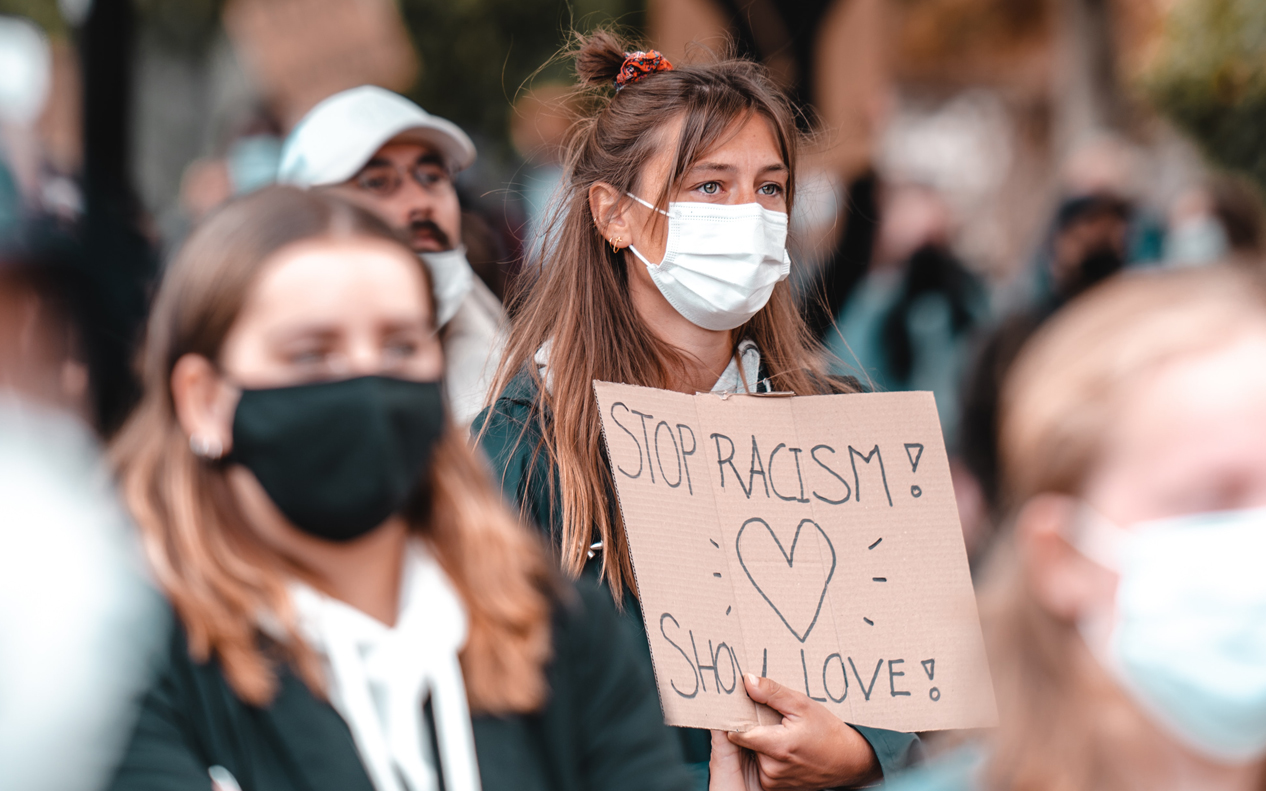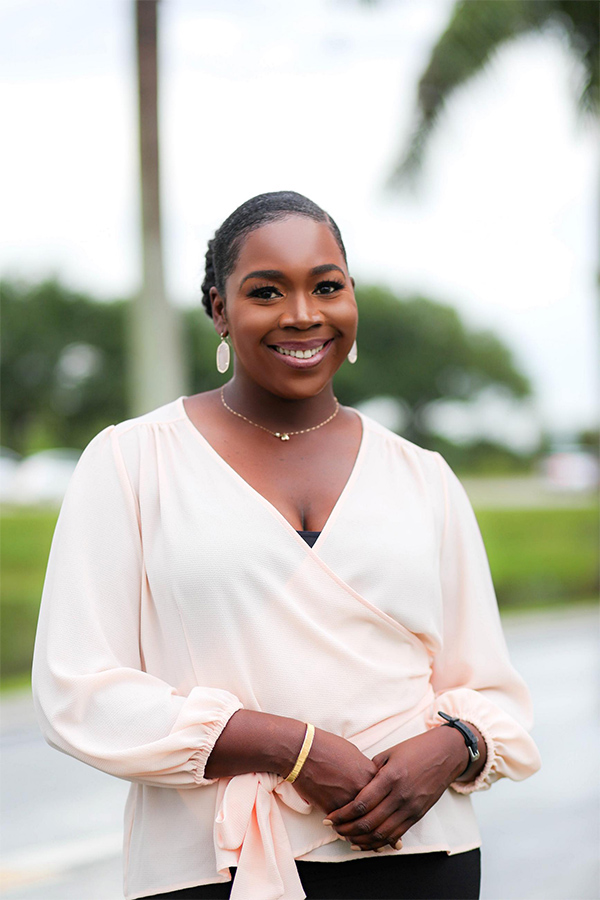Nuance. A subtle distinction between two or more things.
Nuance.
As the reality of racism and its horrifying effects looms increasingly blatant to more people, the need to understand what is happening and how best to do one’s part in “fixing” the issue grows intensely. While I could share all that I have learned by formal or informal means as well as my lived experience, I think it more prudent to highlight the difference between being not racist and anti-racist with the hope that we will all commit to take that journey.
I have yet to encounter someone who would proudly, unashamedly admit to being a racist. On the contrary, often, when confronted on matters concerning racial prejudice, one would be quick to absolve themselves with the claim of, “I’m not racist.” Unfortunately, it is rarely enough. An accomplice to theft is not technically a thief. Their failure to try to thwart the crime however makes them complicit to the atrocity. So it is with someone who is not a racist.
The goal instead should be becoming anti-racist; against racism.
Nuance. All anti-racists are not racist. The reverse is not true.
In order to effect change one must first be anti-racist. The move must be made beyond being heart-broken, stunned even, to actively doing the work to eliminate racism. That requires first an awareness of white privilege. I know, it stings. White privilege is real. It does not in any way imply that by being white someone escapes hardships in life. The term covers all the ways that being white has kept one from the effects of ingrained prejudices based simply on the color of one’s skin.
Consider this. Two persons are drunk, one white and one black. Both persons are belligerent, getting louder with each attempt of a police officer to do their job. Who is most at risk of a violent arrest, or worse?
Consider further. A group of girlfriends finally head out on their weekend of shopping and dining. The group is mixed, five ladies of different ethnicities. Upon entering a pricey boutique, staff members are quick to pay special attention to a particular portion of the group. Any ideas who or why?
The feeling of guilt is natural but be quick to release yourself of this. No one picked the color of their skin, no one had a choice of their privilege or lack thereof. It was decided when the powers that be decided for generations that it needed to be so to protect the supremacy of one race over others. It is deeply woven into the many layers of our lives and sometimes not easily caught by our eyes.
Instead, use privilege to fight racism. Author Ibram X. Kendi shares, “If a person does nothing in the face of racial inequities that are pervasive, if they don’t challenge them, what are they doing?” Be steadfast in changing the conversations around you. Push against personal biases and challenge those of the people in your circle. Resist the ease of silence when comments are made to disparage a group or groups of people who are different. Teach your children to love everyone, to see and celebrate the different colors; and surround them with everyone. Learn, then teach. Be curious about how systemic racism plays out in the infrastructure of your community. Understand how history informs behaviors – foods, music, worship, mannerisms, finances, etc.
This is just the beginning. It is not enough to not be a racist. The time has fully come to be anti-ractist.

 Camille lives in the intersection of faith, diversity, elevating women's voices, and caring for those often overlooked. Currently working as the Events Manager for a local nonprofit, this Jamaican gal can be found sipping tea, watching sports, all things real estate, and getting lost in anything creative.
Camille lives in the intersection of faith, diversity, elevating women's voices, and caring for those often overlooked. Currently working as the Events Manager for a local nonprofit, this Jamaican gal can be found sipping tea, watching sports, all things real estate, and getting lost in anything creative.